St. George’s Day (Gergyovden), celebrated on May 6, is one of Bulgaria’s most cherished holidays. It beautifully weaves together Christian […]
Tsvetnitsa | Flower`s Day | Palm Sunday
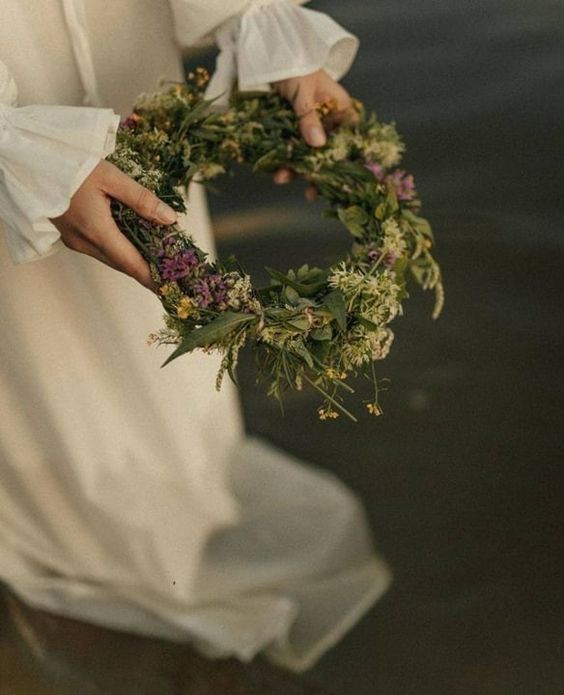
It is one of the most colorful spring holidays in the Bulgarian calendar - Flower`s Day - that is what Bulgarians called Palm Sunday.
A day of youth, flowers, and the birth of life around us.
Typically spring and girlish day, Tsvetnitsa brings a feeling of freshness, grace, and tenderness.
Palm Sunday is a "moving" religious and folk holiday that is celebrated by both the Orthodox, Catholic, and Protestant churches.
The holiday is always on the Sunday after St. Lazarus`s Day, one week before Easter, and it is one of the best spring holidays!
Tradition
According to an old custom, early in the morning, Christians, dressed in festive clothes, go to the temple for a solemn service and water blessing. After the church rite, the blessed believers bring into their homes consecrated willow branches for health and protection from disease and evil. In the morning, wreaths of willow branches are hung above the gates of each house, as it is believed that the willow has a protective and reproductive power, therefore it is kept all year round in front of the home icon.
On “Tsvetnitsa“/Palm Sunday/ is carried out the last “lazarski” custom - “kumichene.” Before lunch, all “lazarki” go ahead to the river. Each girl brings a bunch of flowers, a willow wreath, or a little bread called a “doll”. Girls stand side by side along the coast or on the bridge over the river and simultaneously place the nosegay, the wreath, or the bread on ‘malyitsa‘ - a special wooden beater for hemp or for washing rugs. That girl whose wreath or bread is carried away most quickly by the water and comes out first is selected for “kumitsa” or “godmother” of the girls. It is believed that she will marry first and leads the dance to home. The evening is played ‘locked’ folklore dance. The girls are silent in front of “kumitsa” and obediently listen to her until Easter. From that moment she becomes the object of special respect and reverence from other girls. On the third day of Easter, girl-godmother invites all “lazarki” at home and welcomes them with pastry (Banitsa) and red Easter eggs. With this common cheer ends and festive “lazarski” complex through which girls demonstrate their new social status and suitability for marriage and for awaited wedding.
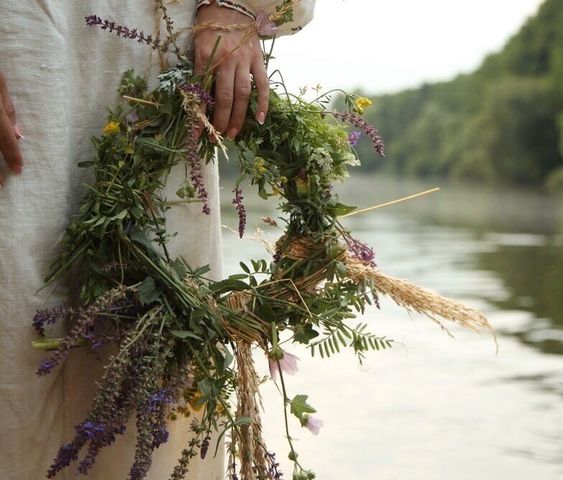
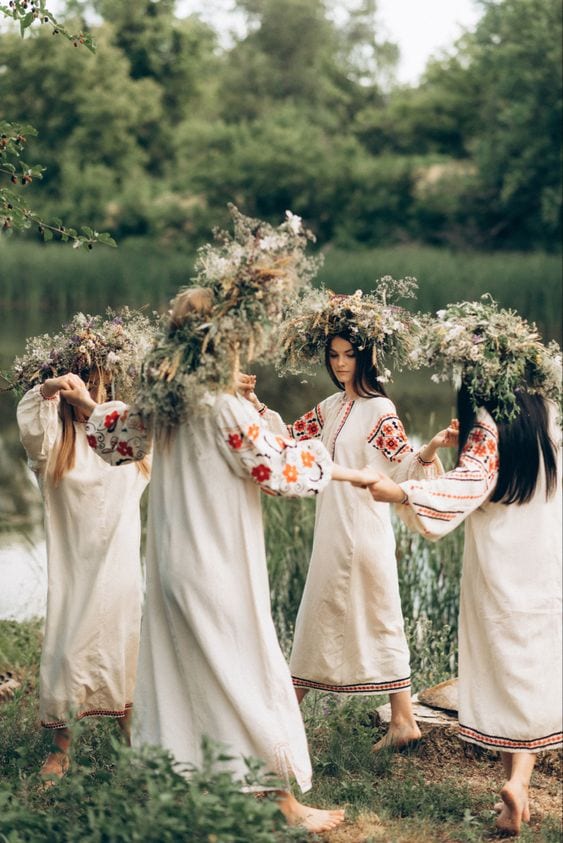
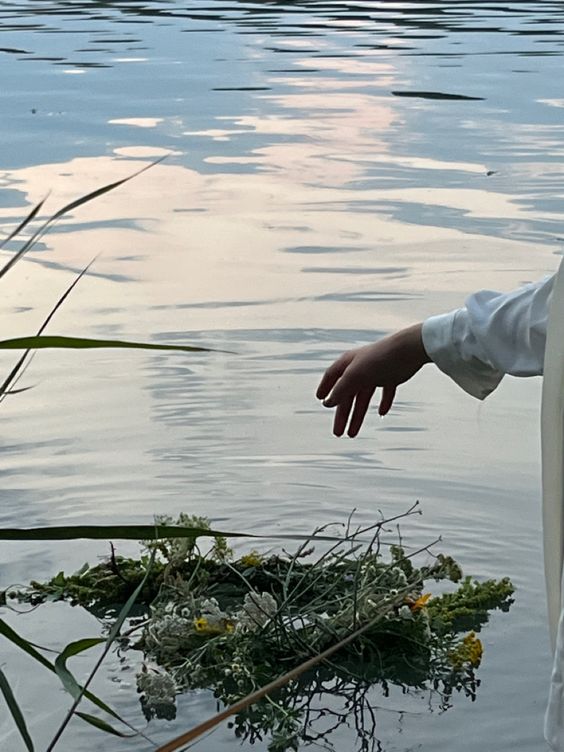
Traditional Food
Usually, the celebration continues with the arrangement of a family meal. Decorate the table with fresh spring flowers that perfectly match the spirit of the holiday. With Tsvetnitsa we celebrate the coming spring and the awakening of nature to new life! Make everything on this day colorful and beautiful!
On Palm Sunday, a typical dish for the table is the ritual bread, also called "dolls", which the maidens prepare. Although the holiday is during the period of fasting, on this day the consumption of fish is allowed, but the rest of the dishes on the table must be completely fasting.
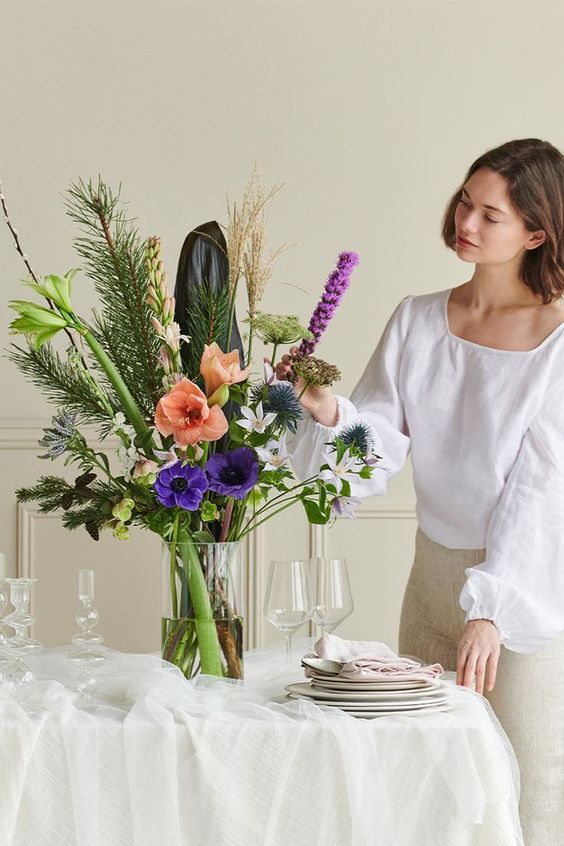
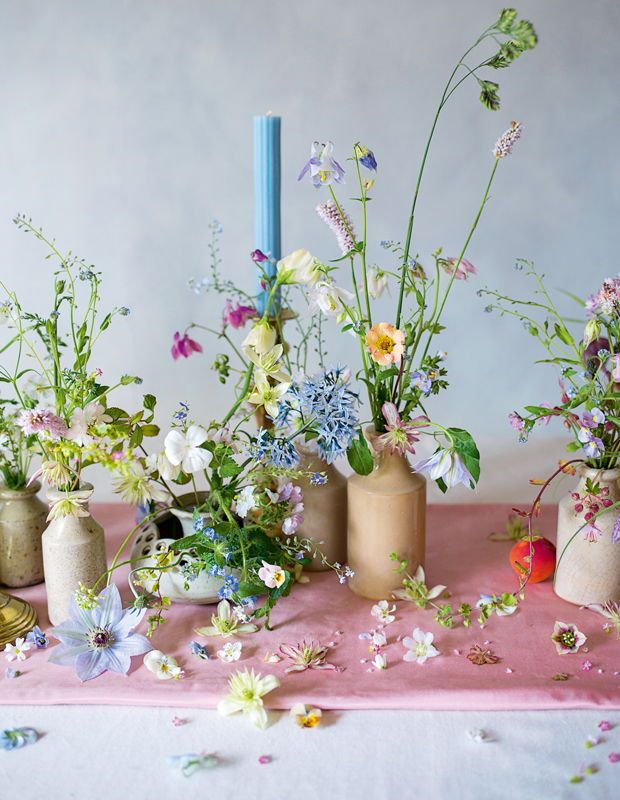
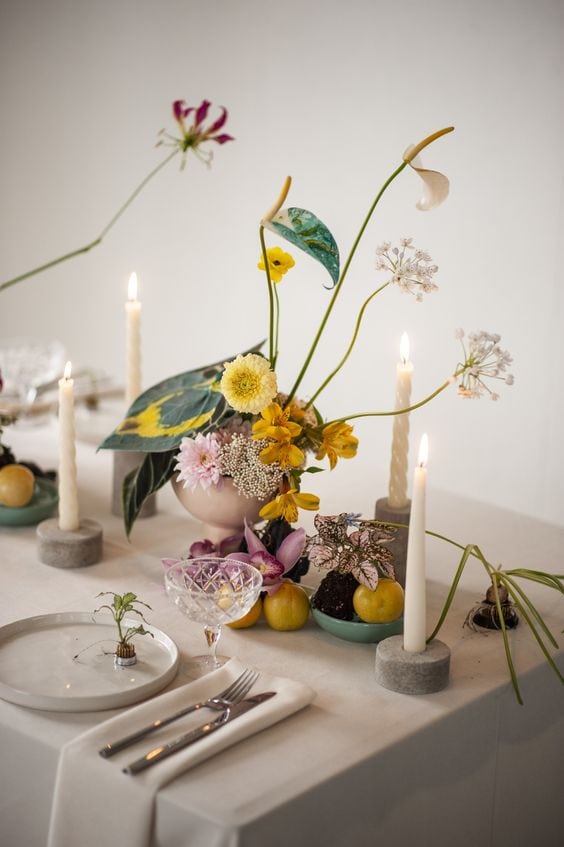
Legends and Symbolism
The symbols of Palm Sunday are two - a flower and a dragon.
The flower is a symbol of spring, growth, beauty. It symbolizes youth and joy. Various flowers are sung in Bulgarian folk songs, some of them are healing, others are maidenly, and others are magical. All of they have their own symbolism, and every flower has an meaning.
Medicinal flowers are primrose and calendula - they protect against evil eyes. The red color of the peony is associated with health and youth. Magical flowers are gentian, rose, iris, primrose and others that separate, defend or attract.
The dragon is a symbol of darkness and sky, rain and water, and there is an interesting legend about it.
The power of the dragon is immeasurable and he carries away his beloved with ease. He falls in love with the most desirable lady, but makes her miserable because whether he takes her away or leaves her among the people, she will die. The dragon uses the night to disguise himself as a handsome boy and deceive a girl. The girl in love with him is forbidden to bathe, brush her hair, walk over people and wells, and change clothes. She knows but doesn't say anything because the dragon has forbidden her. If he finds out that the girl's parents have decided to marry her, he immediately takes her away and no one will see her again. The love of the dragon must be treated. For this purpose, snake herb is drunk, while the sick person is cursed and treated with herbs.

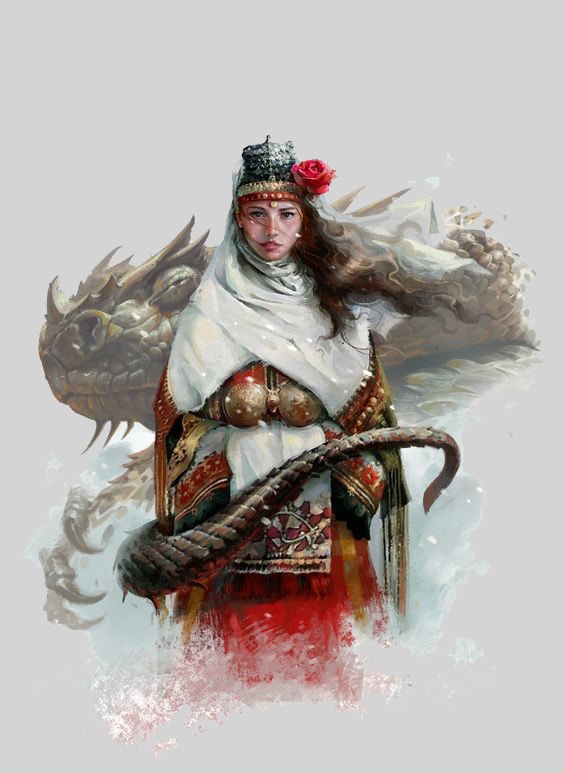
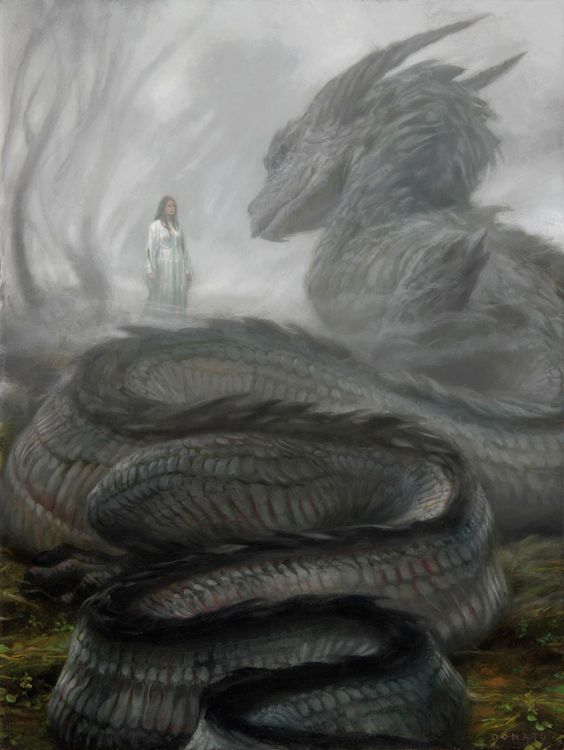
Superstition
- With the fresh willow wreaths, people decorate the horns of the livestock.
- It is believed that if a child has been cursed, their face should be washed with water in which a church willow from Palm Sunday has been dipped.
- When a hail clouds comes, the willow wreath is taken outside or set on fire to ward off the danger.
Name Days
On this day, every person who carries the name of a flower, plant, tree, or any other known, and, arguably, unknown, form of vegetation, has a reason to celebrate. Not surprisingly, the name of the holiday for us is Tsvetnitsa, which means ‘Flower Day’.
The person celebrating, treats their friends, relatives, colleagues, etc. with chocolate or candy, while they give him/her flowers, or sometimes small gifts, in return. According to another tradition, guests can go to the house of the celebrating person uninvited, but he/she is expected to have prepared a feast for the guests. This, however, is dying down slowly because we too are becoming busier and busier and sometimes, alas, incapable of entertaining spontaneous guests. Don’t hesitate to try your luck, nonetheless!
